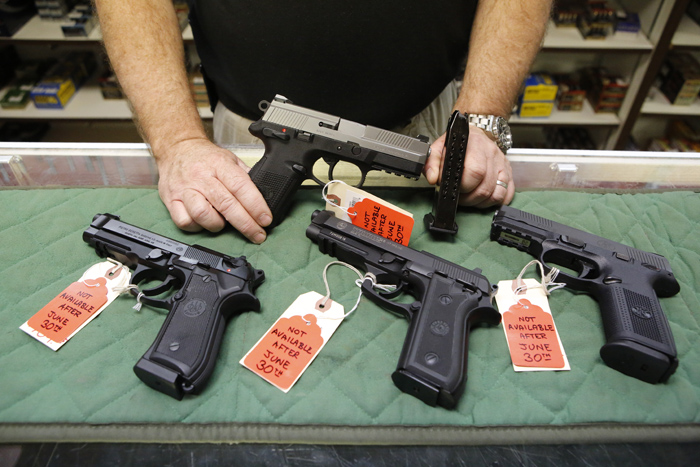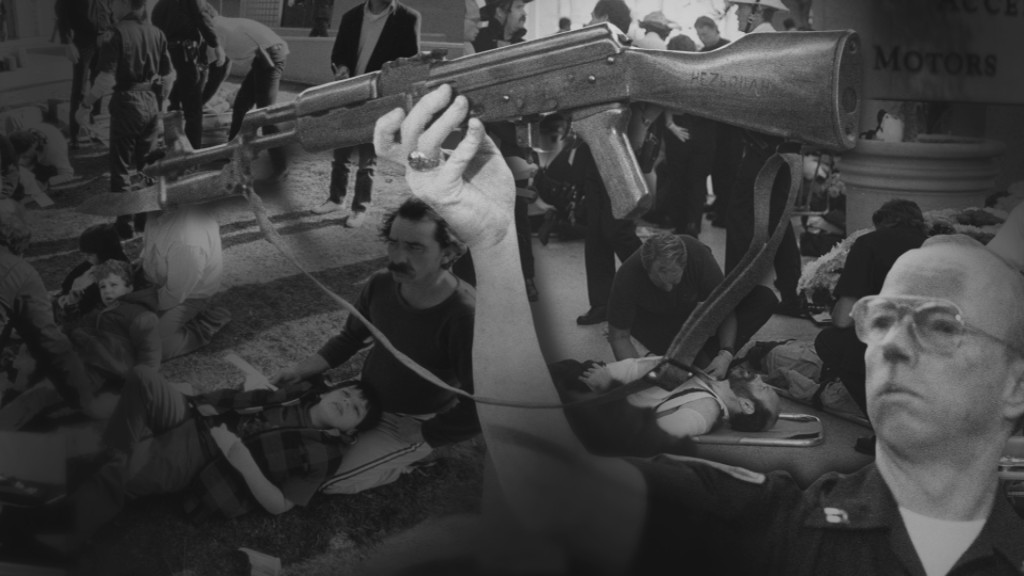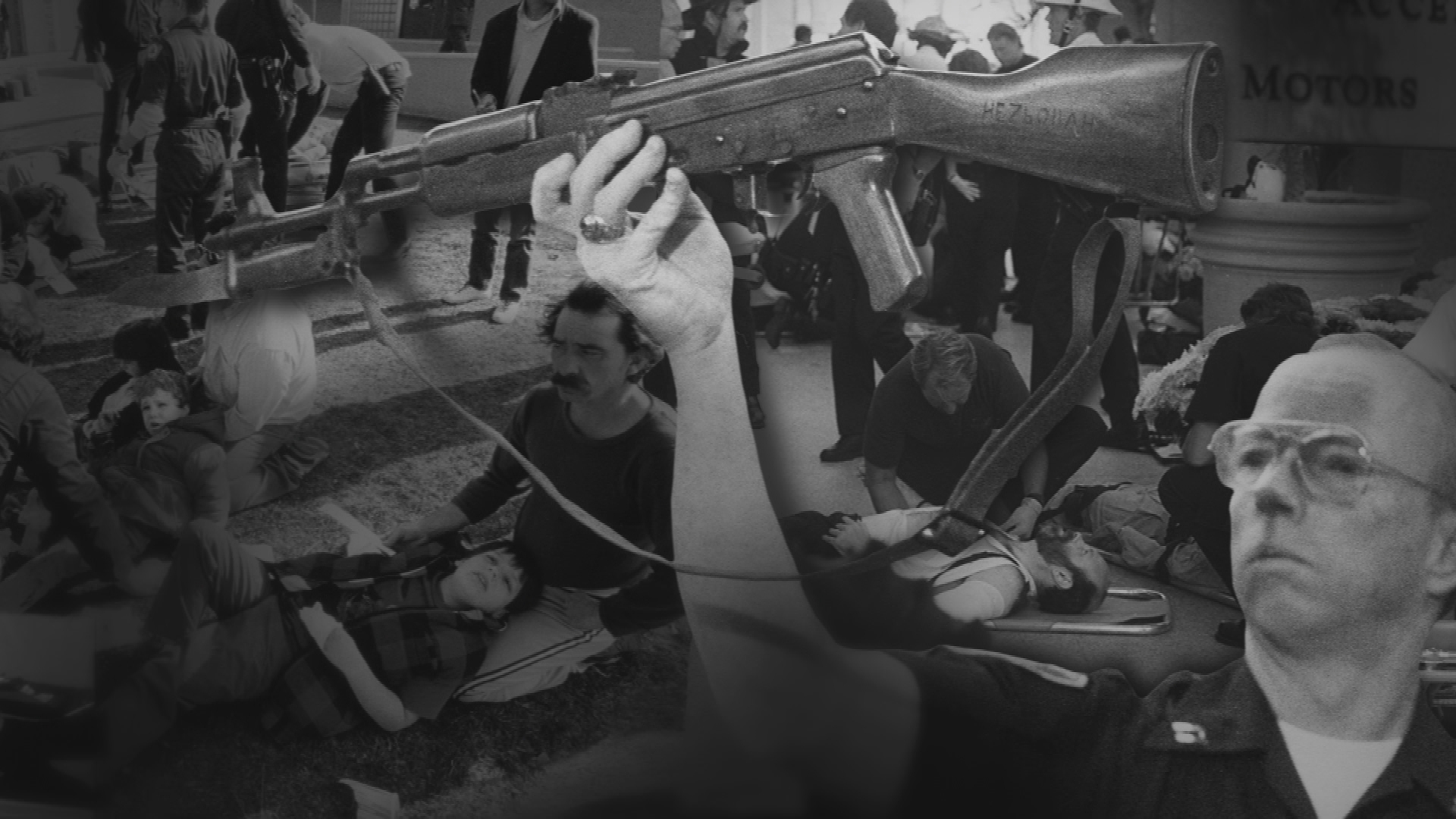Will Obama’s New Gun Proposals Make a Difference?

January 5, 2016
Share
Today, a visibly moved President Barack Obama proposed new rules to tighten background checks for gun buyers, regulate online firearm sales, and boost funding for enforcing gun laws.
“People are dying, and the constant excuses for inaction no longer suffice,” Obama said in remarks from the East Room of the White House. “That’s why we’re here today. Not to debate the last mass shooting, but to try to prevent the next one.”
Obama has tried — largely unsuccessfully — to address gun violence since the 2012 mass shooting in Newtown, Conn. In 2013, he advocated for a bill that would have expanded background checks for gun buyers, the first major gun control legislation since President Bill Clinton’s administration. It failed to pass the Senate.
Can these new measures make a difference?
“No single measure is going to reduce gun violence overall,” said Ted Alcorn, research director for Everytown for Gun Safety, an advocacy group. But, he said the executive actions take a “kitchen sink approach” in an attempt to address the complex problem from different sides.
Here’s a breakdown of the major actions Obama announced:
Cracking down on unlicensed dealers
Perhaps the most significant change centers on tightening the rules that define who is allowed to sell firearms. Those who sell guns out of brick-and-mortar stores are required to have a license, comply with federal laws and conduct background checks.
But federal law doesn’t clearly define what makes a gun dealer, so those selling firearms online or at gun shows can avoid the background check requirement and sell weapons to whomever they choose.
Obama’s proposal would clarify the definition of a dealer to include more of those sellers, requiring them to obtain a license and comply with federal sales laws, including performing background checks. They’d also be subject to criminal penalties for failing to do so.
It’s not clear how big the market is for unlicensed sellers. But about 34 percent of illegal guns identified in investigations by the Bureau of Alcohol, Tobacco, Firearms and Explosives (ATF) came from unlicensed sellers, such as gun shows and flea markets, according to a 2000 ATF report. Since then, with the growth of the internet, the online market for guns has expanded.
A 2013 analysis by Mayors Against Illegal Guns, an advocacy group, said that one-in-30 would-be gun buyers seeking firearms online had criminal records that would have otherwise barred them from completing a purchase.
Fixing the background check system
The White House also aims to fix weaknesses in the background check system. Today, the names of potential gun buyers are run through a database with names of those prohibited from owning a weapon, including fugitives, those convicted of serious crimes — such as domestic violence — or judged by a court to be mentally ill. But the database is incomplete. States must supply these records, but the process is voluntary, and in some cases laws make it more difficult to share mental health data.
As part of the new proposals, the Department of Health and Human Services is finalizing a rule to remove some of those barriers, the White House said. And the attorney general, Loretta Lynch, sent a letter to states stressing that it was important for them to participate. But Lynch can’t force them to comply.
The FBI will also bolster the existing system by processing checks 24 hours a day, seven days a week, and doing a better job of notifying local authorities when those banned from possessing firearms try to buy a gun.
Stepping up enforcement
The administration is also trying to give the ATF more teeth. It’s proposing a budget with funding for 200 new ATF agents and investigators, a new center to track illegal online gun trafficking, and $4 million to bolster ballistic investigations.
What’s next
One indication of the strength of Obama’s current proposals might be seen in the gun lobby’s reaction, which has stridently opposed all of his efforts so far.
The National Shooting Sports Foundation, which represents the firearms industry, offered tentative support for some of Obama’s proposals, such as improving enforcement and resources for the current background check system.
A spokeswoman for the National Rifle Association, the nation’s most powerful gun lobby, said the group didn’t immediately have a statement about the president’s announcement, although an NRA lobbying official who spoke to The New York Times in advance of the announcement seemed unfazed. “This is it, really?” she said.
Ultimately, major federal reform requires Congressional action, which even Obama suggested wasn’t immediately likely even as he called on Tuesday for gun-control advocates to keep pushing for change. “It won’t happen overnight,” he said. “In this Congress, in my presidency. But a lot of things don’t happen overnight. So just ’cause it’s hard, that’s no excuse not to try.”
In the meantime, The Washington Post has reported that gun sales hit a record high in 2015, amid concerns about potential gun restrictions in the wake of the latest mass shooting in San Bernardino, Calif.

Related Documentaries
Latest Documentaries
Related Stories
Related Stories
Explore
Policies
Teacher Center
Funding for FRONTLINE is provided through the support of PBS viewers and by the Corporation for Public Broadcasting, with major support from Ford Foundation. Additional funding is provided the Abrams Foundation, Park Foundation, John D. and Catherine T. MacArthur Foundation, Heising-Simons Foundation, and the FRONTLINE Trust, with major support from Jon and Jo Ann Hagler on behalf of the Jon L. Hagler Foundation, and additional support from Koo and Patricia Yuen. FRONTLINE is a registered trademark of WGBH Educational Foundation. Web Site Copyright ©1995-2025 WGBH Educational Foundation. PBS is a 501(c)(3) not-for-profit organization.





















